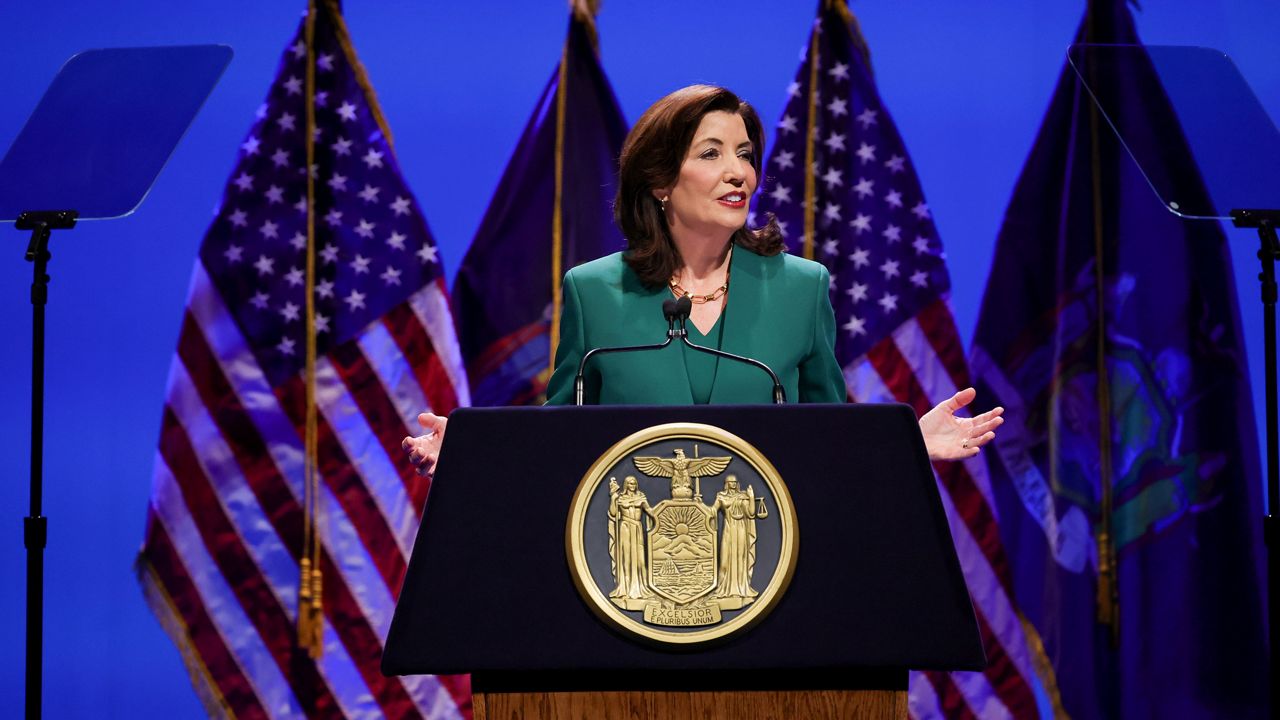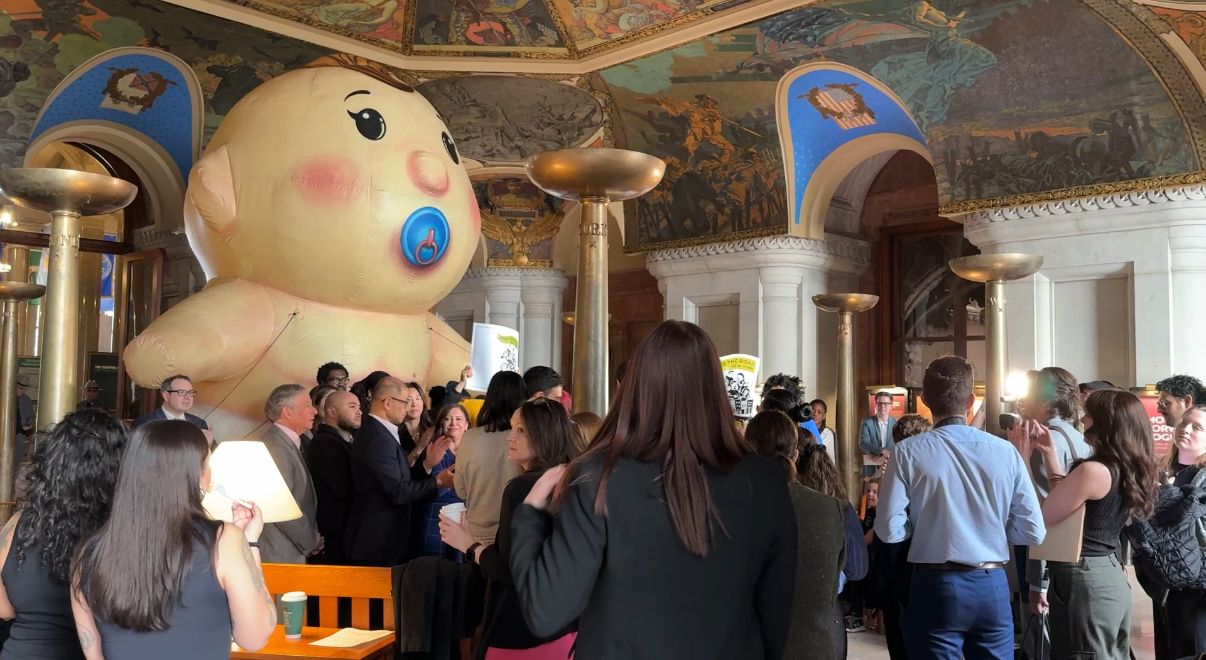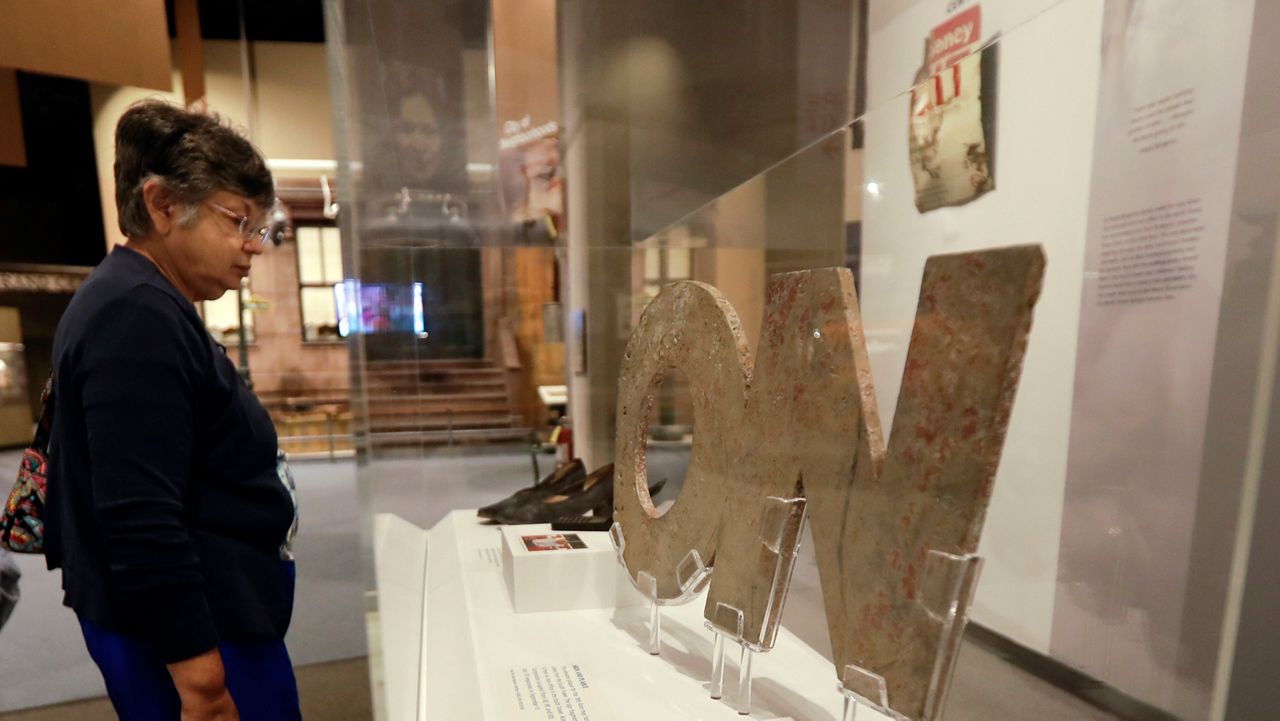Democrats in Congress are one step closer to gaining access to President Donald Trump's tax returns, thanks to their counterparts in the state Legislature.
Democrats in the Legislature approved the finishing touches to a bill meant to allow Congress to request President Donald Trump's New York tax returns. Senator Brad Hoylman, a Manhattan Democrat, called the measure an effort to aid federal lawmakers in their investigation of the president's business dealings.
"This is an important juncture in our history where you have a White House stonewalling a Congress, and preventing it from undertaking its oversight responsibility. The bottom line is nobody is above the law — not even the president — and I think that's the message the state Legislature is sending today," Hoylman said.
Democrats like White Plains Assemblyman David Buchwald, the bill's sponsor, said it is meant to enhance disclosure laws and would apply to all public officials who file taxes in New York.
"This bill stands for the principle of transparency with regards to top officials' tax returns, recognizing that shedding light on conflicts of interest, and potential conflicts of interest, is an important public purpose," Buchwald said.
But Republicans blasted the legislation, arguing there were more important things to focus on in the state; like taxes and the economy. Those arguing include Republican Floor Leader, Jamestown Assemblyman Andy Goodell.
"I thought it was a shameless exhibition of putting politics ahead of any policy," Goodell said.
Trump so far has refused to voluntarily release his tax returns, breaking with decades of tradition, citing an audit by the IRS. The audit would not restrict him from releasing his tax filings. Goodell said voters were aware of Trump's stance against releasing the information, but elected him anyway.
"President Trump was clear he wasn't releasing his income tax returns before the election. That was clearly out in the public," Goodell said.
And on Tuesday, lawmakers backed final passage of a bill meant to limit the reach of the president's pardon powers, allowing New York prosecutors to bring cases against those who have received presidential pardons.










